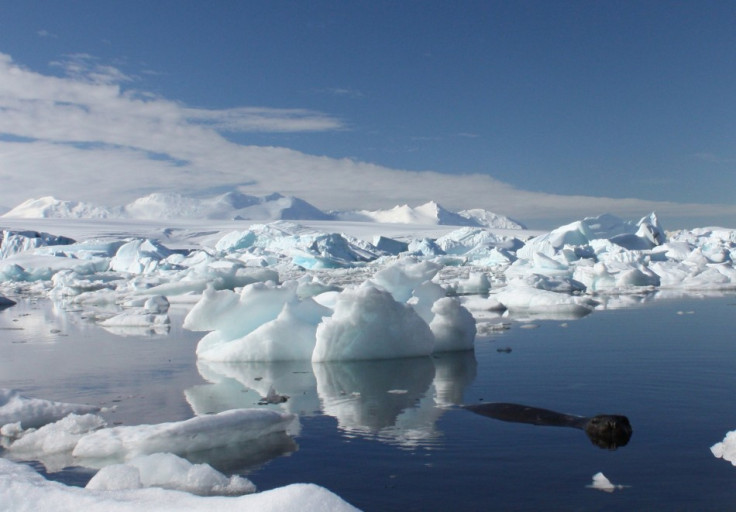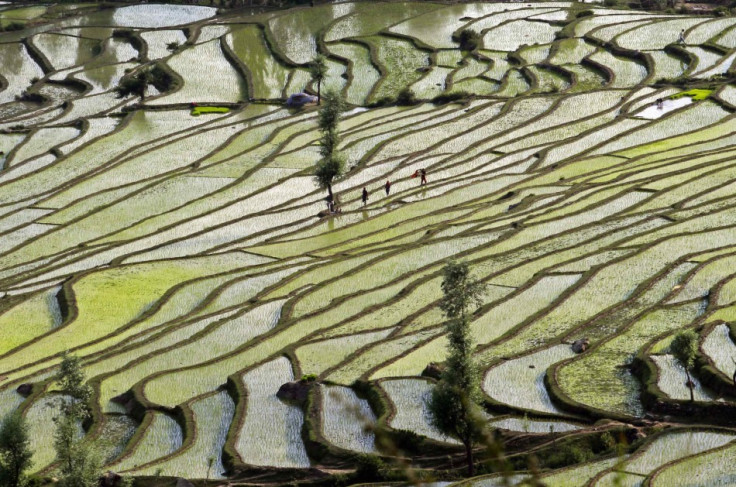UK Food Crisis Looms as Climate Change Threatens Staple Crops
University of Manchester report warns that global warming will lead to rocketing food costs as crops die and livestock suffer.

Climate change could create a serious food crisis for the UK, research by the University of Manchester has warned.
Rising temperatures will have a massive effect on the availability of food as crops die and meat prices soar. Staple food sources such as rice and wheat could be devastated.
The research, carried out by the Sustainable Consumption Institute, warns that the current rate of climate change means foods that are taken for granted could disappear or simply become too expensive.
Current trends predict a global temperature increase of around 4C within the average lifetime and researchers argue that too much focus is being placed on carbon savings in energy production, rather than the huge amount of emissions created by the agricultural industry.
A 4C increase in temperature would have the effect of reducing worldwide rice crops by around 30 percent, which could cause massive food shortages.
During a two-year-long study, researchers led by Dr Alice Bows calculated the emissions of all goods consumed in the UK, including those foods eaten in the UK, but produced overseas.
According to its findings, if the country makes some changes to its consumption, the rise could be restricted to just 2C. Should the temperature continue to increase, the problems will be much worse as farmers need to use more fertiliser on crops and livestock become less productive.
The research shows that for those developing countries where agriculture represents a quarter of their emissions, compared to 10 percent in the UK, the impact would be even more damaging.
Too much focus on energy
"The failure of the global community to turn rhetoric into reality and put meaningful policies in place to urgently cut emissions means that we are facing future temperature increases around 4C which will be devastating to agriculture and fundamentally alter food provision," Dr Bows said.
"If policymakers and scientists continue to take the complacent and precarious position that a 2C rise will be avoided, without taking necessary measures to cut emissions, we will have seriously misled those adapting to climate change. The consequence of which will most acutely affect the vulnerable in society."
Bows claimed that countries such as the UK have overlooked the agriculture industry in their fight against emissions, instead focusing all efforts on energy production. She argued that agricultural emissions will prove the most difficult to cut.
"Much more emphasis needs to be placed on policies to cut agricultural emissions for there to be any reasonable chance of avoiding a 2C temperature rise."
Options?
Aside from the general need to reduce emissions, the researchers also make some more drastic recommendations, such as lab-grown meat, indoor farms and community cooking centres to reduce the emissions from individual households.
Speaking about the report, Louise Neville, sustainability officer from Quorn Foods, said: "Put simply - our consumption patterns need to become more sustainable. This is a challenge that the food industry can and should play a key leading role in. Regardless, the findings of the report are an essential insight for business."

© Copyright IBTimes 2025. All rights reserved.





















